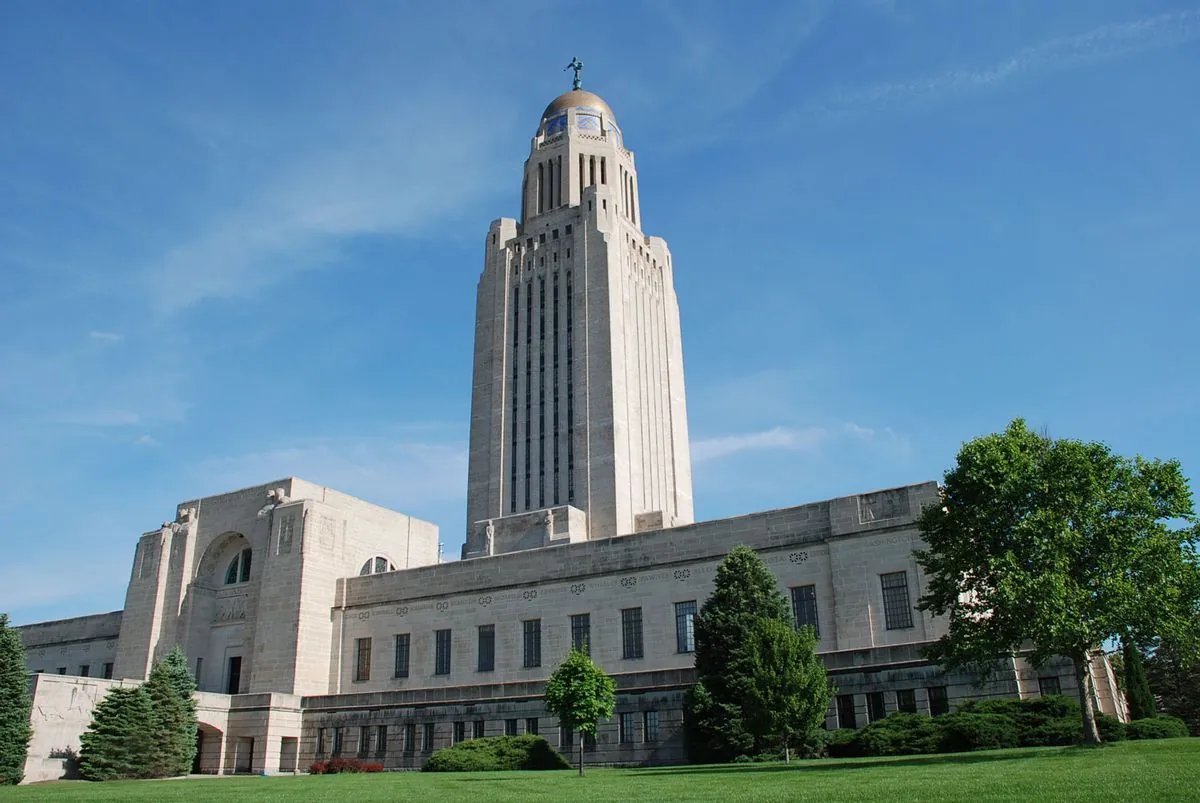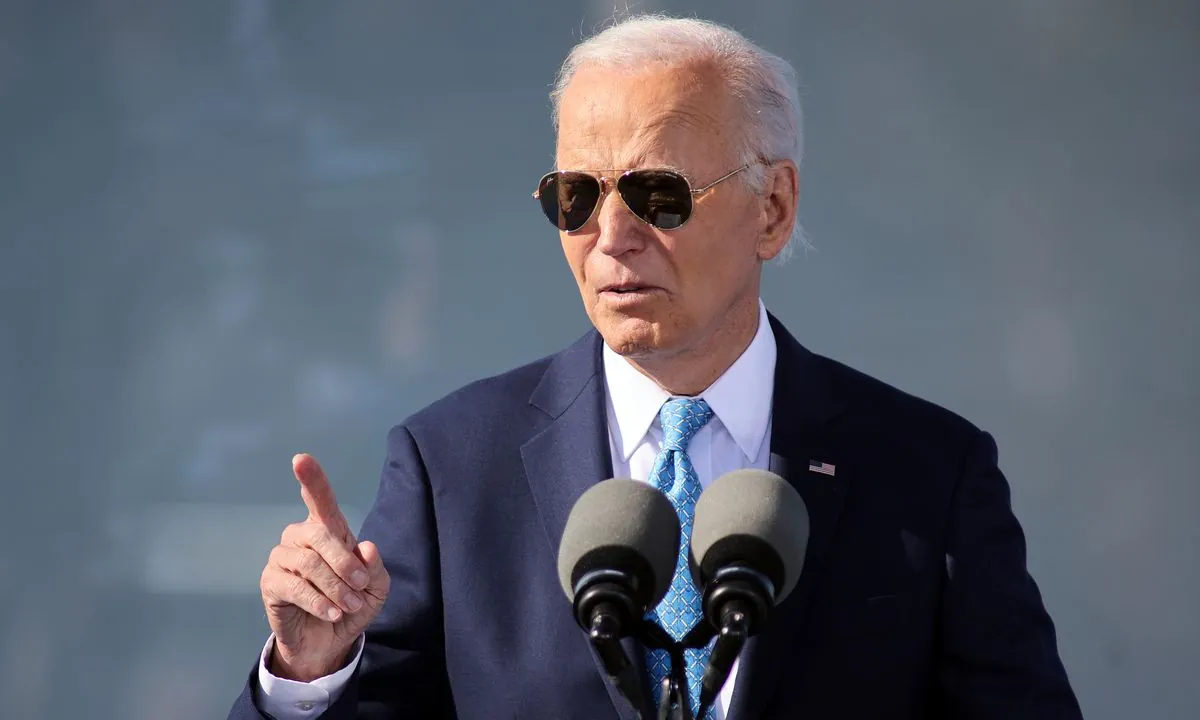Graham's Nebraska Electoral Shift Proposal: A GOP Advantage Play
Senator Lindsey Graham suggests changing Nebraska's electoral vote allocation, potentially benefiting Republicans. Analysis shows how this could impact election outcomes without altering popular vote totals.

Senator Lindsey Graham of South Carolina recently proposed a change to Nebraska's electoral vote allocation system during an appearance on NBC's "Meet the Press". This suggestion has sparked discussions about the potential impact on future presidential elections and the broader implications for the Electoral College system.
Graham's proposal advocates for Nebraska to allocate all of its electoral votes to the statewide winner, departing from its current congressional district method. This change would likely benefit the Republican Party, specifically Donald Trump, in the upcoming election.

The senator framed this proposal as a democratic process, comparing it to the Democratic Party's nominee shift earlier this year. However, critics argue that this change would effectively hand an additional electoral vote to the Republican candidate without necessitating any increase in popular votes.
"The entire federal delegation of Nebraska, House members and two senators, want this changed. To my friends in Nebraska, that one electoral vote could be the difference between Harris being president or not, and she's a disaster for Nebraska and for the world."
This proposal highlights the ongoing debate surrounding the Electoral College system. Established by the United States Constitution in 1787, the Electoral College has been a subject of controversy, particularly in elections where the popular vote winner did not secure the presidency. Notably, this occurred in the 2000 and 2016 elections, demonstrating the system's potential to favor one party over another.
Nebraska and Maine are currently the only two states that use the congressional district method for allocating electoral votes. Nebraska adopted this system in 1991, while Maine has used it since 1972. The majority of states follow a winner-take-all approach, where all electoral votes go to the candidate who wins the state's popular vote.
An analysis of potential election outcomes reveals that changing Nebraska's system could slightly shift the odds in favor of the Republican candidate. Under the current rules, there are 71 scenarios where the Democratic candidate could win the presidency, assuming certain states vote as they did in 2020. With the proposed change, this number would decrease to 70 scenarios.
It's worth noting that the redistribution of electors following the 2020 census has already improved the Republican Party's position in the Electoral College. This shift reflects the continued movement of America's population from the Northeast to the South and Southwest, resulting in blue states losing electors to red states.
The Electoral College system, which requires 270 out of 538 total electoral votes to win the presidency, has been the subject of numerous reform proposals. Over 700 initiatives have been introduced in Congress to modify or eliminate the system. Additionally, the National Popular Vote Interstate Compact, an agreement among states to give their electoral votes to the national popular vote winner, has gained traction, with 15 states and Washington D.C. joining as of 2024.
As the debate over electoral systems continues, it's crucial to consider the broader implications of such changes on democratic representation and the balance of power in presidential elections. While Graham's proposal may seem like a minor adjustment, it underscores the ongoing tension between state-level electoral strategies and national popular vote considerations in American politics.


































